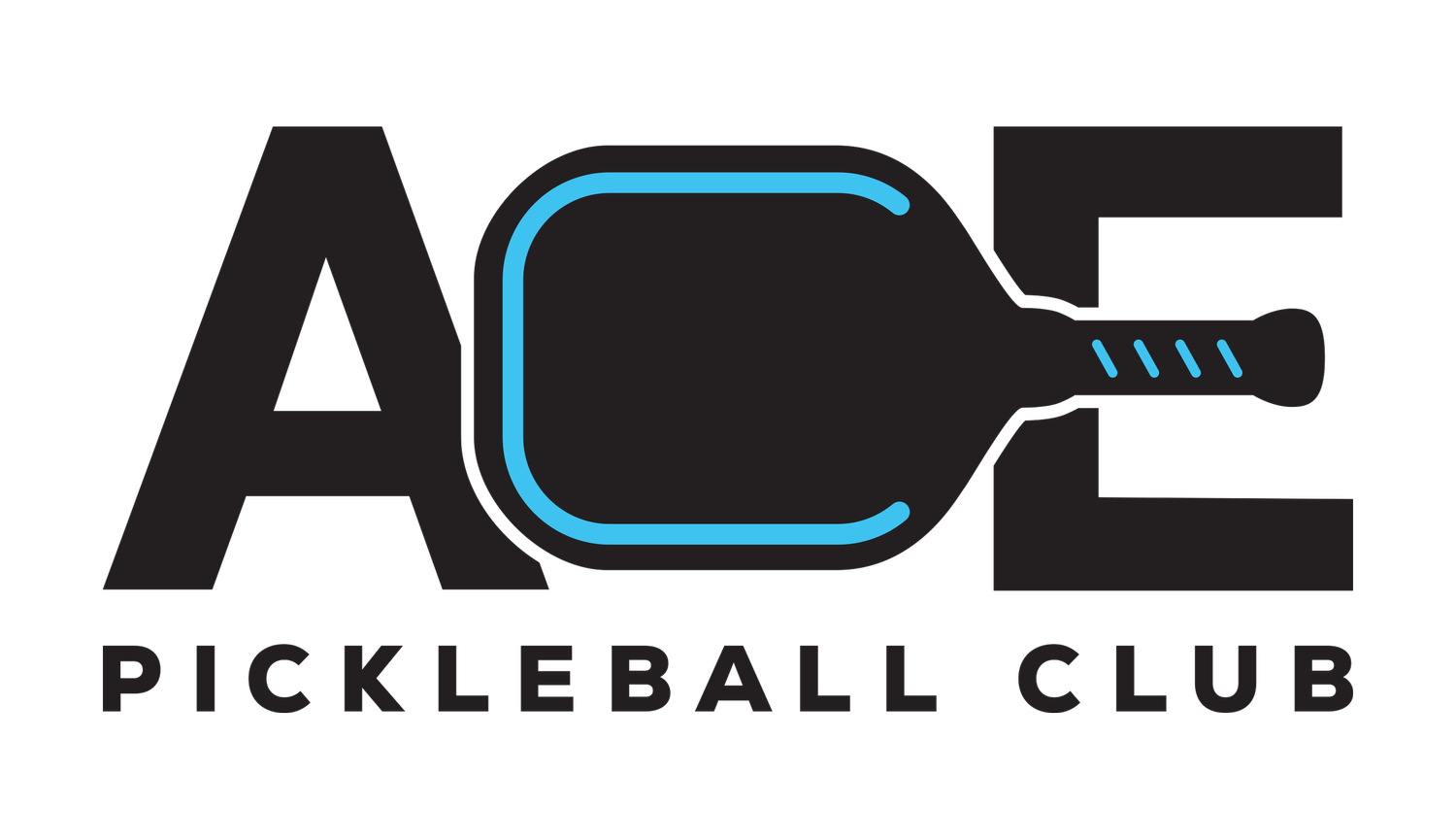Pickleball and Brain Health: How the Sport Keeps Your Mind Sharp
Pickleball has taken the world by storm, attracting players of all ages with its unique blend of fun, competition, and community. While its physical benefits—such as improved cardiovascular health and increased agility—are well documented, there’s another compelling reason to hit the courts: playing pickleball can significantly enhance brain health.
The Cognitive Benefits of Pickleball
Recent research suggests that regular physical activity involving strategic thinking and social interaction is key to maintaining cognitive function as we age. According to Psychology Today, activities that combine aerobic exercise, mental stimulation, and social engagement—like pickleball—may help slow cognitive decline and reduce the risk of neurodegenerative diseases like Alzheimer’s and dementia.
1. Improved Hand-Eye Coordination and Reflexes
Pickleball requires quick reflexes, precise hand-eye coordination, and split-second decision-making. These elements engage the brain’s motor cortex and cerebellum, which control movement and coordination. According to an article from MindBodyGreen, engaging in activities challenging these brain regions can strengthen neural pathways, helping maintain and even improve reaction times as we age.
2. Enhanced Memory and Focus
Keeping track of the ball, anticipating your opponent’s next move, and strategizing your shots require memory recall and attention to detail. Studies have shown that sports like pickleball can stimulate the hippocampus, the brain’s memory center, helping to improve cognitive function and reduce mental decline.
3. Stress Reduction and Mood Boosting
Physical activity is a well-known mood booster, but pickleball takes it further by adding a social component. Interacting with teammates and opponents releases endorphins, the brain’s natural stress relievers. A 2024 National Geographic article highlighted that engaging in social sports like pickleball helps lower stress levels and can reduce symptoms of anxiety and depression.
4. Increased Neuroplasticity
Neuroplasticity refers to the brain’s ability to adapt and form new neural connections. Activities that require learning new skills and adapting to changing scenarios—such as adjusting your gameplay to different opponents—stimulate brain plasticity, keeping cognitive functions sharp. Research cited in the Marshall Independent notes that engaging in new and challenging physical activities can lead to long-term improvements in brain health.
Why Pickleball Is the Perfect Brain-Boosting Sport
Unlike repetitive gym exercises, pickleball is dynamic and engaging. It combines moderate-intensity exercise with problem-solving, quick reflexes, and social interaction—elements that, according to Psychology Today, are crucial for brain health and longevity. Plus, the sport’s accessibility makes it easy for players of all ages and skill levels to enjoy its cognitive and physical benefits.
So the next time you step onto the court, know that you’re improving your game and giving your brain a powerful workout. Whether you’re looking to stay sharp, reduce stress, or have fun, pickleball offers the perfect balance of movement, strategy, and social connection to keep your mind and body in shape.
Ready to experience the brain-boosting benefits of pickleball for yourself? Find an Ace Pickleball Club near you and start playing today!
